Dental health is about much more than fresh breath—it’s a critical part of your pet’s overall well-being. At Carolina Virginia Animal Hospital in Providence, North Carolina, we take dental care seriously, offering state-of-the-art tools like digital dental X-rays and advanced surgical techniques to treat painful conditions that can’t be resolved with cleanings alone. Our experienced team understands the importance of a comfortable mouth and the role oral health plays in your pet’s happiness, energy, and longevity.
Explore our veterinary dental care services and discover how we support your pet’s oral health at every stage of life.
Why Dental Surgery Is Sometimes Necessary
Routine brushing and dental cleanings go a long way—but in many pets, dental disease progresses silently beneath the surface. When infections, broken teeth, or oral tumors arise, surgery may be the most effective way to relieve pain and stop the disease from spreading.
Our on-site diagnostics allow us to identify issues early, while our digital dental X-rays help us detect problems hidden under the gums—well before they become obvious to the naked eye.
Signs Your Pet May Need Dental Surgery
1. Severe Periodontal Disease
What it is: A progressive infection of the gums and bone that support the teeth.
Symptoms:
- Persistent bad breath
- Bleeding or red, inflamed gums
- Loose or missing teeth
- Reluctance to chew or sudden pickiness with food
Surgical need: Once periodontal disease reaches advanced stages, extractions may be necessary to remove infected teeth and reduce pain. Infections that aren’t addressed can enter the bloodstream and affect the heart, kidneys, and liver.
Learn more about why dental care matters
2. Fractured or Broken Teeth
Causes: Chewing on hard toys, bones, antlers, or trauma.
Risks: An exposed pulp chamber allows bacteria to invade the root canal, causing abscesses, swelling, and intense pain.
Treatment Options:
- Root canal therapy (for select cases where tooth preservation is preferred)
- Extraction if the tooth is too damaged or infected
What to avoid: common chew hazards
3. Retained Baby Teeth
Overview: Baby teeth (deciduous teeth) that fail to fall out as the adult teeth erupt can cause overcrowding and increase tartar buildup.
More common in: Toy and small breed dogs
Why surgery is recommended: If not removed, these teeth can lead to early-onset periodontal disease and jaw misalignment.
More on deciduous tooth removal
4. Malocclusions (Misaligned Teeth or Jaws)
Definition: Improper alignment of the jaws or teeth that causes pain or oral trauma.
Types: Overbite, underbite, base-narrow canines, rotated or crowded teeth
Why it matters: Left untreated, these issues can lead to gum injury, difficulty chewing, and chronic oral discomfort.
Treatment: Orthodontic intervention or strategic extractions may be needed to prevent long-term damage.
Understanding malocclusions in pets
5. Oral Tumors
Types: Both benign and malignant growths can occur in the mouth, especially in older pets.
Signs:
- Facial swelling or unexplained masses
- Difficulty eating or drooling
- Oral bleeding
- Foul odor despite cleaning
Surgical need: Early biopsy and removal is critical. Timely intervention improves outcomes and may save your pet’s life.
How We Diagnose Dental Issues: Digital X-Rays & Imaging
At Carolina Virginia Animal Hospital, we use digital dental radiography as part of every dental procedure. This advanced technology allows us to:
- Detect hidden tooth root abscesses
- Measure bone loss from periodontal disease
- Identify jaw fractures or tumors
- Evaluate the success of extractions
In more complex cases—such as suspected jaw fractures or large tumors—we may recommend advanced imaging like CT scans for a 3D view.
Why dental X-rays matter
CT scans vs. X-rays
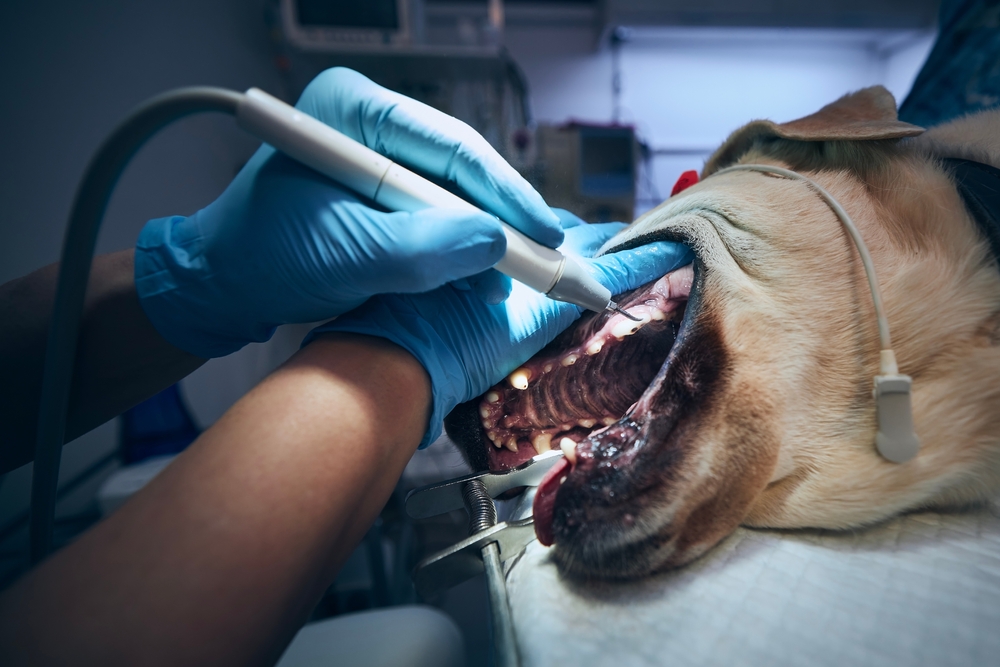
Pain Management & Recovery After Dental Surgery
Managing Your Pet’s Pain
We take a multimodal approach to pain control, using:
- Local anesthetics during the procedure
- NSAIDs to reduce inflammation
- Opioids for moderate to severe pain
- Ongoing monitoring during recovery
More on multimodal pain management
What to Expect at Home
Most pets recover quickly, but you should follow these guidelines for a smoother recovery:
- Feed soft food for 5–7 days
- Avoid hard chews, toys, and bones
- Monitor for swelling, bleeding, or signs of infection
- Administer any prescribed medications exactly as directed
- Use an e-collar or cone to prevent your pet from scratching at their mouth as their surgical sites heal
Have questions after your pet’s procedure? Call us anytime—we’re here to help.
How to Prevent Dental Surgery in the Future
Proactive dental care can prevent the need for surgery in many cases.
What You Can Do:
- Brush your pet’s teeth daily with pet-safe toothpaste
- Schedule professional cleanings every 6–12 months
- Use VOHC-approved dental chews and rinses
- Avoid bones, hooves, or hard toys that can fracture teeth
- Start dental care routines early—even if your puppy or kitten still has baby teeth
Browse VOHC-approved dental products
Protecting Your Pet’s Smile for Life
Dental surgery is often the best step toward restoring your pet’s health and happiness when disease or damage is present. At Carolina Virginia Animal Hospital, we combine modern diagnostics like digital dental X-rays with skilled surgical care and personalized recovery plans to ensure your pet receives the best possible outcome.
Ready to address your pet’s dental health or schedule a routine exam?
Book a dental evaluation at Carolina Virginia Animal Hospital

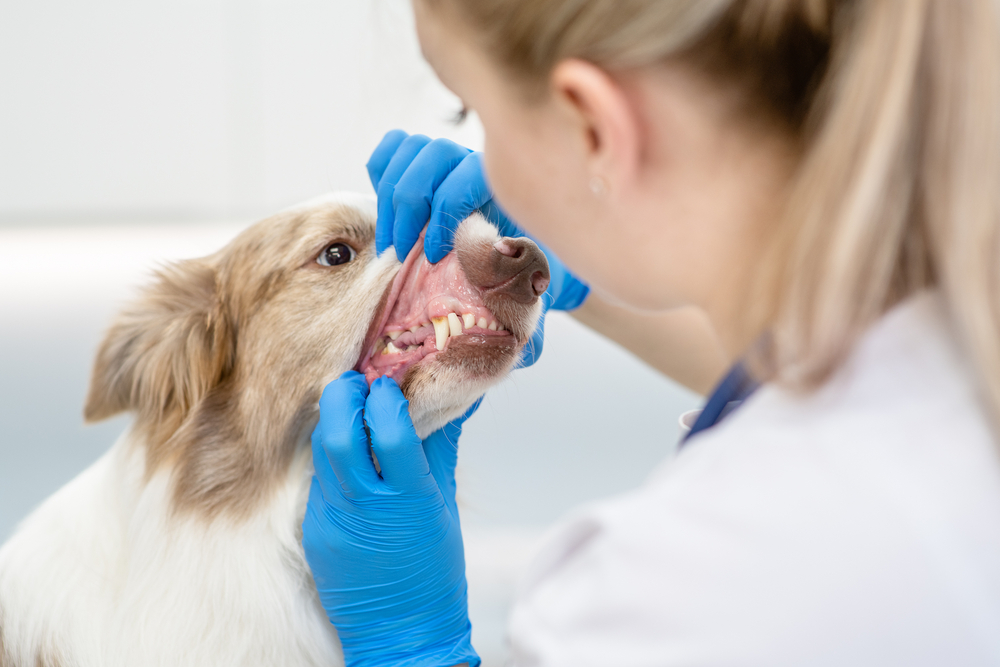
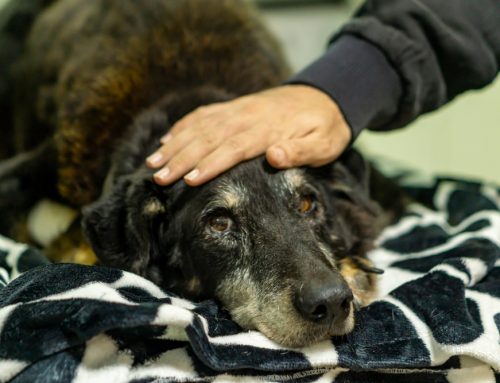
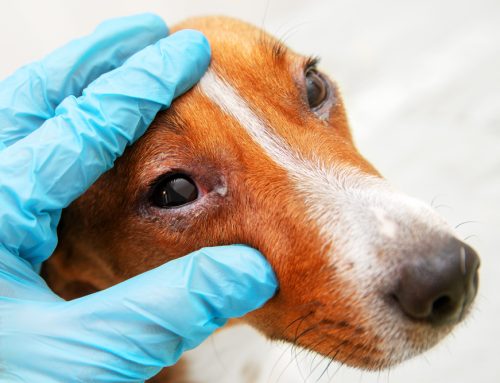
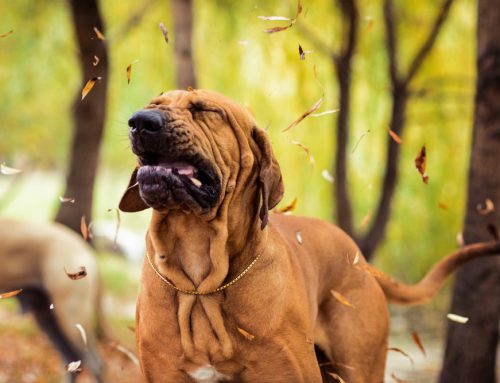
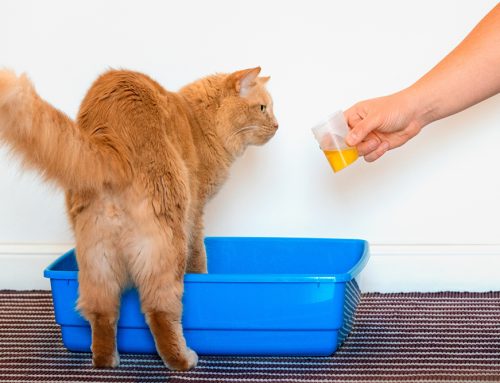

Leave A Comment